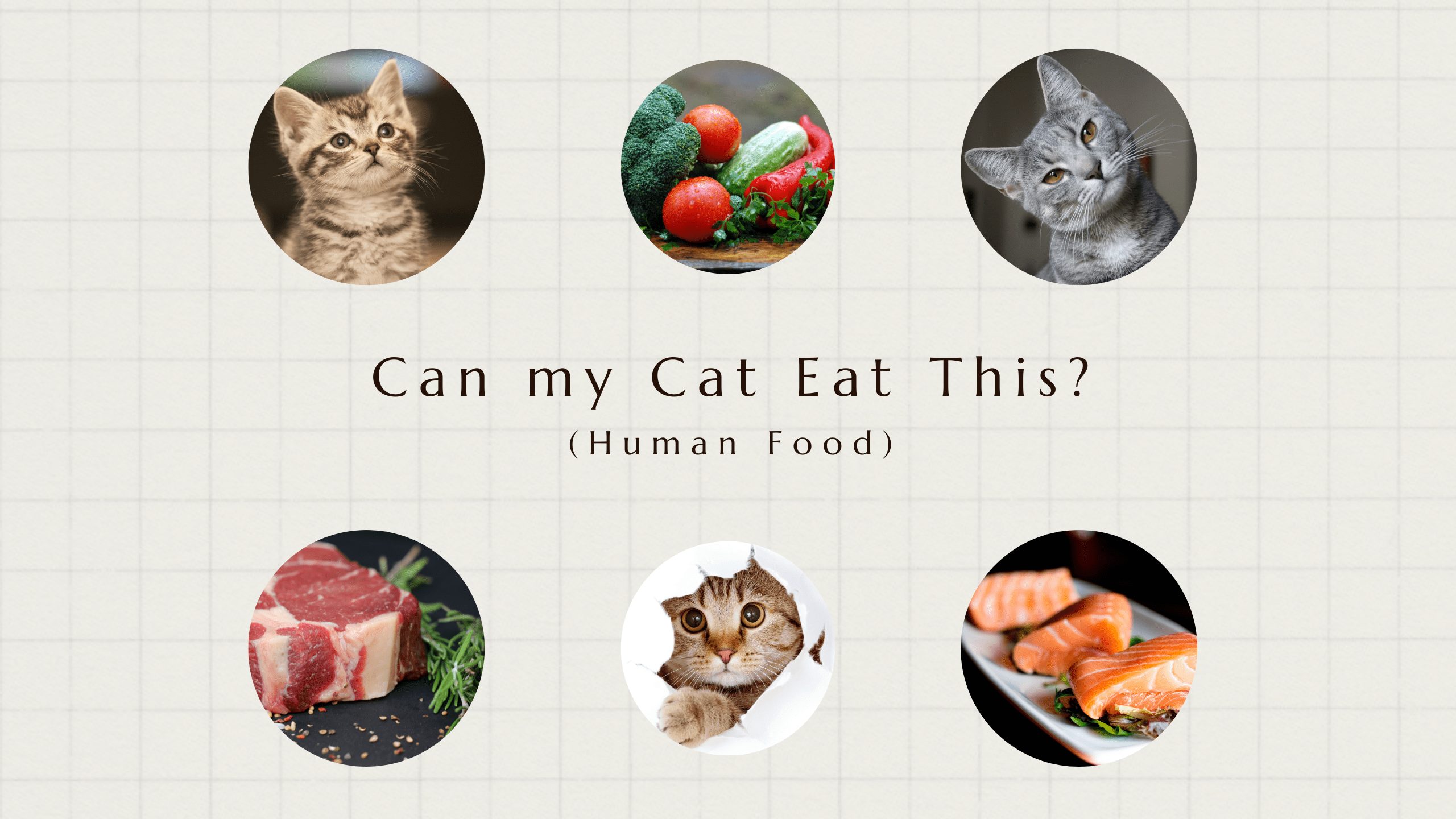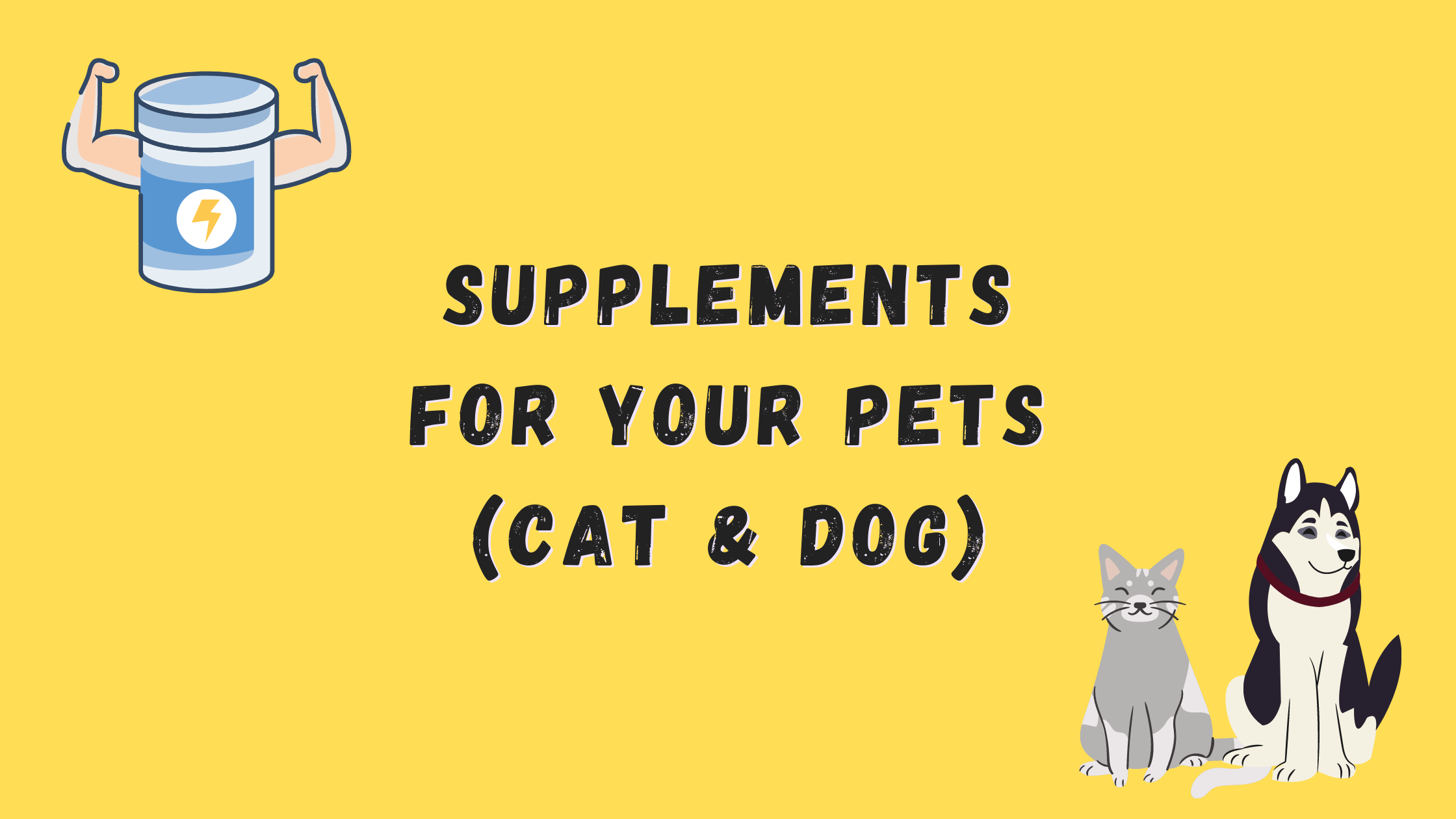
Cats can eat some human food, but it depends on what and how much they try to eat. If you want to feed them human food, do make sure that you feed appropriately sized portions and avoid anything that will make them sick. Here are some foods that are safe and unsafe for your kitties.
Safe to eat
- Cheese
- Cheese in limited amounts is ok, most cats are lactose intolerant, so do not give too much.
- Rice
- It wouldn’t hurt your cat to eat it in moderation although it is not a normal part of a cat’s diet.
- Tuna
- It is ok, but they need other food to get the nutrients they need.
- Bacon
- It is safe, but limit it to an occasional thing as bacon is dense in calories, eating a lot will have immediate side effects and will make them sick.
- Raw chicken
- It is good to feed.
- Pork
- Only safe in limited and infrequent amounts.
- Salmon
- Cooked salmon is ok, but try to limit the quantity as they may get addicted to it.
- Oatmeal
- In small quantities it is ok to avoid any stomach issues.
Unsafe to eat
- Chocolate
- They can’t eat it at all, and cats recognize it as toxic, so they would rarely try to eat it on their own.
- Eggs
- It should be avoided, but 1 or 2 probably won’t hurt your cat. There are proteins in eggs that can block specific nutrients that cats need. Cook the egg to avoid Salmonella and E Coli.
- Peanut butter
- The consistency might cause choking.
- Bread
- Safe to eat, as long as it is not heavy in yeast, as consuming too much yeast may mess with their stomach.
- Popcorn
- Despite being non-toxic for them, it can cause choking which is unsafe for them.
- Ham
- Your cat should not eat ham, processed meat usually has high amounts of sodium and preservatives, which are hard for cats to digest.
- Yogurt
- Non-dairy based yogurt is ok, most cat breeds are lactose intolerant and they will have a hard time digesting anything that is milk-based,
- Ice cream
- Non-dairy should be fine but not the regular ice cream.

































